Database Check
The term “database check” describes the process of confirming the precision and thoroughness of a database by comparing it to other sources of data. This procedure is often carried out to check that the data in a database is accurate and current and to spot any inconsistencies or errors that may need to be fixed. Database checks can be carried out manually or automatically. In a manual database check, an individual may go over each record in a database and assess its accuracy by contrasting it with data from other sources. A database’s data may be analysed by specialist software or algorithms to find any discrepancies or errors during an automated database check. A database check can be helpful for a number of things, such as:
- Compliance: Many industries and organizations are required to comply with regulations and standards related to data accuracy and completeness. Database check can help ensure that these requirements are met and can help prevent legal or regulatory issues.
- Marketing: Database check can help organizations identify potential customers or leads by verifying the accuracy of customer information, such as email addresses or phone numbers.
- Fraud Prevention: Database check can help identify fraudulent activity by verifying the accuracy of personal or financial information, such as credit card numbers or social security numbers.
Data Analysis: Database check can help ensure that data used for analysis and decision-making is accurate and reliable, which can help organizations make informed decisions.
